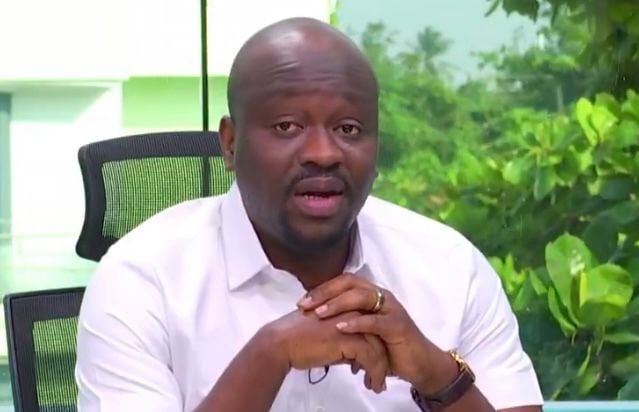The Accra-Kumasi expressway project, a key component of the Mahama administration’s “Big Push” infrastructure initiative, has been the subject of recent debate and criticism. Some have accused the government of abandoning previous road development plans in favor of this new expressway, implying a hasty and ill-conceived decision. However, Hamza Suhuyini, a member of the NDC’s national communications team, has countered these claims, asserting that the project is not a sudden or impulsive undertaking but rather the culmination of years of technical studies and recommendations by engineers at the Ministry of Roads and Highways. The primary obstacle, he argues, has not been a lack of planning but the persistent challenge of securing the necessary funding for such a large-scale infrastructure project.
Suhuyini emphasizes that the Accra-Kumasi expressway project has been a long-standing consideration within the Ministry, with comprehensive engineering reports and assessments already in place. These reports, based on extensive research and analysis, provide the technical foundation for the project, demonstrating that it’s not a hastily conceived idea but a well-considered plan. He dismisses the notion that President Mahama is personally designing or rushing the project, highlighting that decisions on infrastructure development are guided by the technical expertise and recommendations of civil servants and engineers, not political whims. The government’s role, he explains, is to evaluate these recommendations and secure the necessary funding to bring them to fruition.
The protracted challenge of securing financing for the project underscores the complexity of large-scale infrastructure development. Such projects require substantial investment, often exceeding the readily available resources of a government. This necessitates exploring various funding options, including public-private partnerships, international loans, and budgetary allocations, a process that can be time-consuming and complex. According to Suhuyini, the Ministry of Roads and Highways has been consistently advocating for the project, engaging in ongoing discussions with political appointees to secure the required financial backing. The current initiative, he suggests, represents the culmination of these efforts and the successful securing of the necessary funding.
The “Big Push” initiative, within which the Accra-Kumasi expressway is situated, represents a broader governmental strategy to accelerate infrastructure development across the country. This initiative signifies a commitment to addressing critical infrastructural needs, recognizing the vital role of transportation networks in economic growth and national development. The Accra-Kumasi corridor, being a major artery of commerce and transportation, is strategically important for enhancing connectivity and facilitating trade within Ghana. By prioritizing this project, the government aims to improve transportation efficiency, reduce travel time, and boost economic activity along this crucial route.
The debate surrounding the Accra-Kumasi expressway project highlights the complexities inherent in infrastructure development. Balancing the need for comprehensive planning and technical assessments with the urgency of addressing infrastructural gaps requires careful consideration and effective resource allocation. The government’s decision to proceed with the project, after what Suhuyini describes as years of technical preparation and funding negotiations, suggests a commitment to addressing this critical transportation need. The successful completion of the expressway is expected to significantly improve connectivity, reduce travel time, and enhance economic activity between Accra and Kumasi, contributing to broader national development goals.
In conclusion, the Accra-Kumasi expressway project, though recently gaining prominence within the “Big Push” initiative, is not a novel or hastily conceived undertaking but rather the result of years of planning and advocacy within the Ministry of Roads and Highways. The key challenge, according to Hamza Suhuyini, has not been a lack of technical preparation but the complexities of securing the substantial funding required for such a large-scale infrastructure project. The government’s decision to proceed with the project signifies a recognition of its strategic importance in enhancing connectivity, facilitating trade, and driving economic growth. The successful implementation of the project is expected to have a significant positive impact on the transportation landscape and contribute to broader national development objectives.














